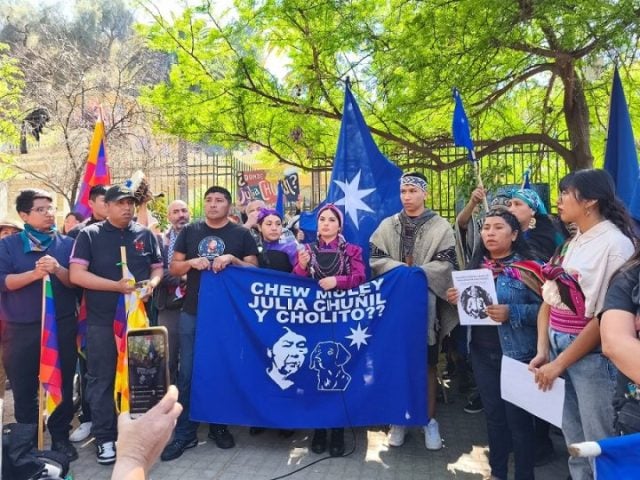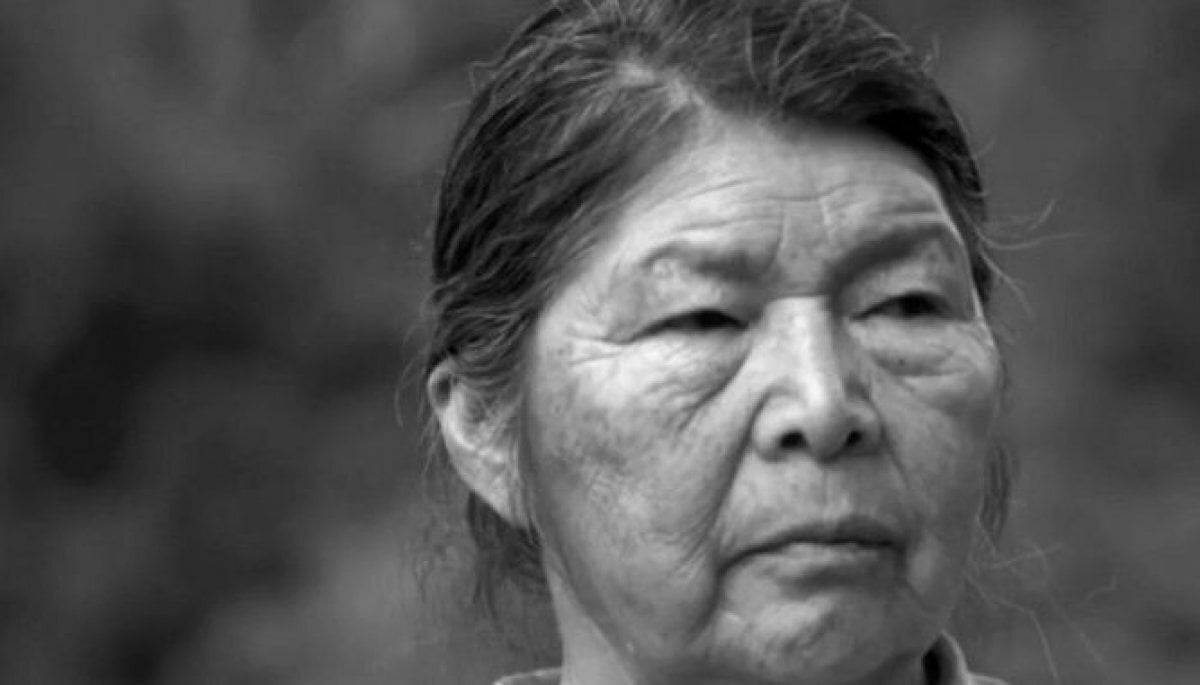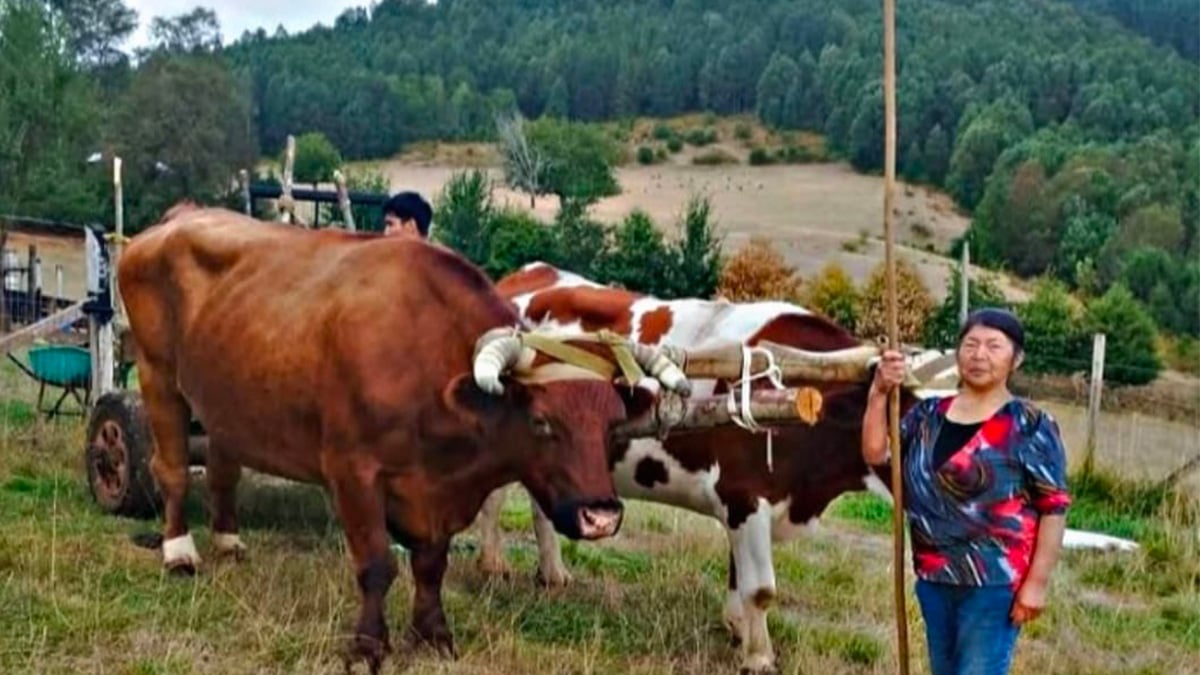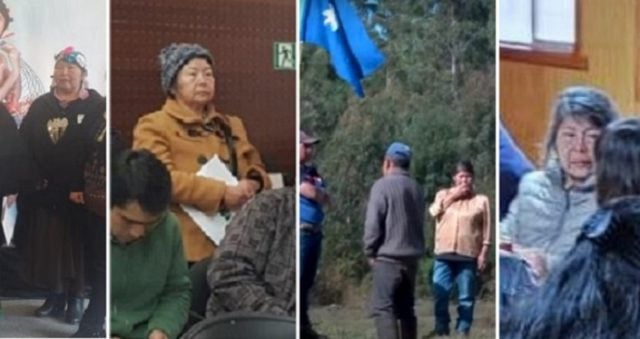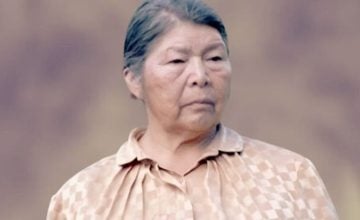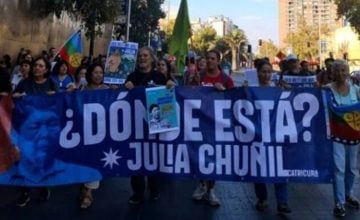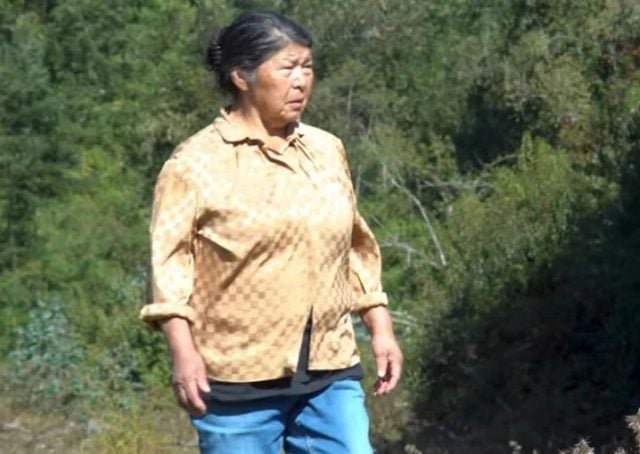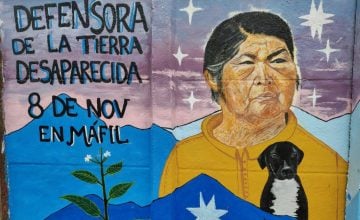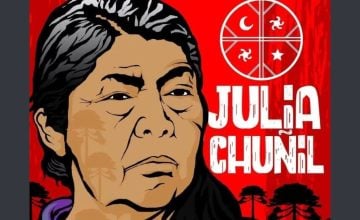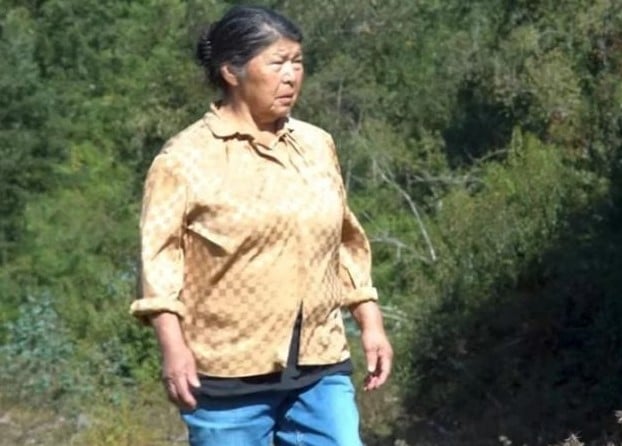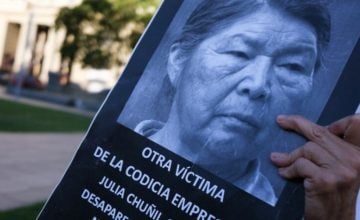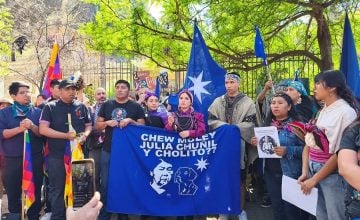Original article: “Familiares de Julia Chuñil deben recibir protección inmediata”: Comité Acuerdo Escazú insta a Chile a tomar medidas urgentes
Escazú Agreement’s International Rapid Response Mechanism Activated for the First Time to Protect Julia Chuñil’s Family
A recent report from International Service for Human Rights (ISHR) revealed that almost a year after the disappearance of Julia Chuñil, a Mapuche human rights defender focused on environmental issues, the Committee on the Implementation and Compliance of the Escazú Agreement has recognized the urgent need to ensure protection for her family, who have continually expressed concerns about their safety since her disappearance.
The ISHR publication indicates that Chuñil was last seen on November 8, 2024, near her home in the Máfil commune in southern Chile. She began her fight for land recovery in 2015, leading her community in the care of animals and conservation of native forests. She had repeatedly faced harassment and intimidation from a local businessman attempting to seize her land, as well as others allegedly hired by him.
Chuñil’s Whereabouts Remain Unknown
ISHR also highlights that, since her disappearance, Chuñil’s family has denounced ineffective investigations by local authorities, characterized by prejudice against their Mapuche community. According to them, national authorities have been slow to take action to protect them from the same threats that faced Chuñil, even questioning whether her fate could be linked to her environmental activism and indigenous leadership.
In light of the authorities’ inaction, Pablo San Martín Chuñil, Julia’s son, requested the Committee on the Implementation and Compliance of the Escazú Agreement to activate its rapid response mechanism, citing evidence of threats, intimidation, and stigmatization against Julia’s family, compelling the state to act.
The Committee granted the request, and in a communication published on October 22, urged Chile to take immediate precautionary measures to ensure the safety of Chuñil’s family.
“We are satisfied with the international resolution that validates what we have been saying and confirms the constant mistreatment we have endured and the criminalization against us as a family. We hope the state listens and that things change,” stated Pablo San Martín Chuñil, Julia’s son and the main petitioner to the Committee, as noted by ISHR.
ISHR and Escazú Foundation Supported Pablo San Martín Chuñil in His Petition Process.
Signed in 2021, the Escazú Agreement is a binding regional treaty on human rights and environmental matters covering Latin America and the Caribbean, with 17 member states including Chile since 2022.
Article 9 of the treaty obligates states to protect human rights defenders involved in environmental matters. In response to Pablo San Martín Chuñil’s petition, the Implementation and Compliance Committee determined that Chilean authorities had failed to comply with this article, marking the first activation of the rapid response mechanism of the Escazú Agreement to compel a signatory state to act.
“Certainly, the state has abandoned its obligations, making international intervention imperative. The family has faced harassment regarding which authorities must now respond. They must fulfill one of the clear recommendations from the committee to prevent, investigate, and guarantee non-repetition of any form of police, penal, or judicial harassment against Julia’s immediate family,” stated Karina Riquelme Viveros, lawyer for Julia Chuñil’s family.
The Committee requested a written update from the Chilean State detailing progress on the implementation of protective measures for Julia Chuñil’s family by no later than November 10.
“This must mark the beginning of concrete steps to clarify Julia’s disappearance and seek justice in this and many other cases of forced disappearance of defenders in environmental matters. We urge the Chilean State to respond to the information request within the timeframe established by the Mechanism and to take necessary action for the protection of Julia’s family,” commented Ulises Quero, program manager for ISHR.
Information sourced from ISHR Press
